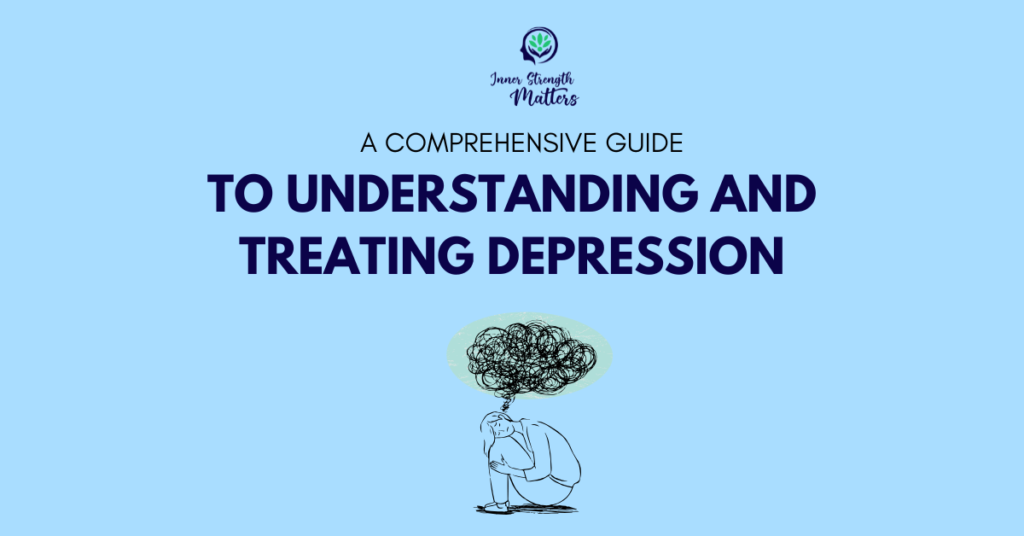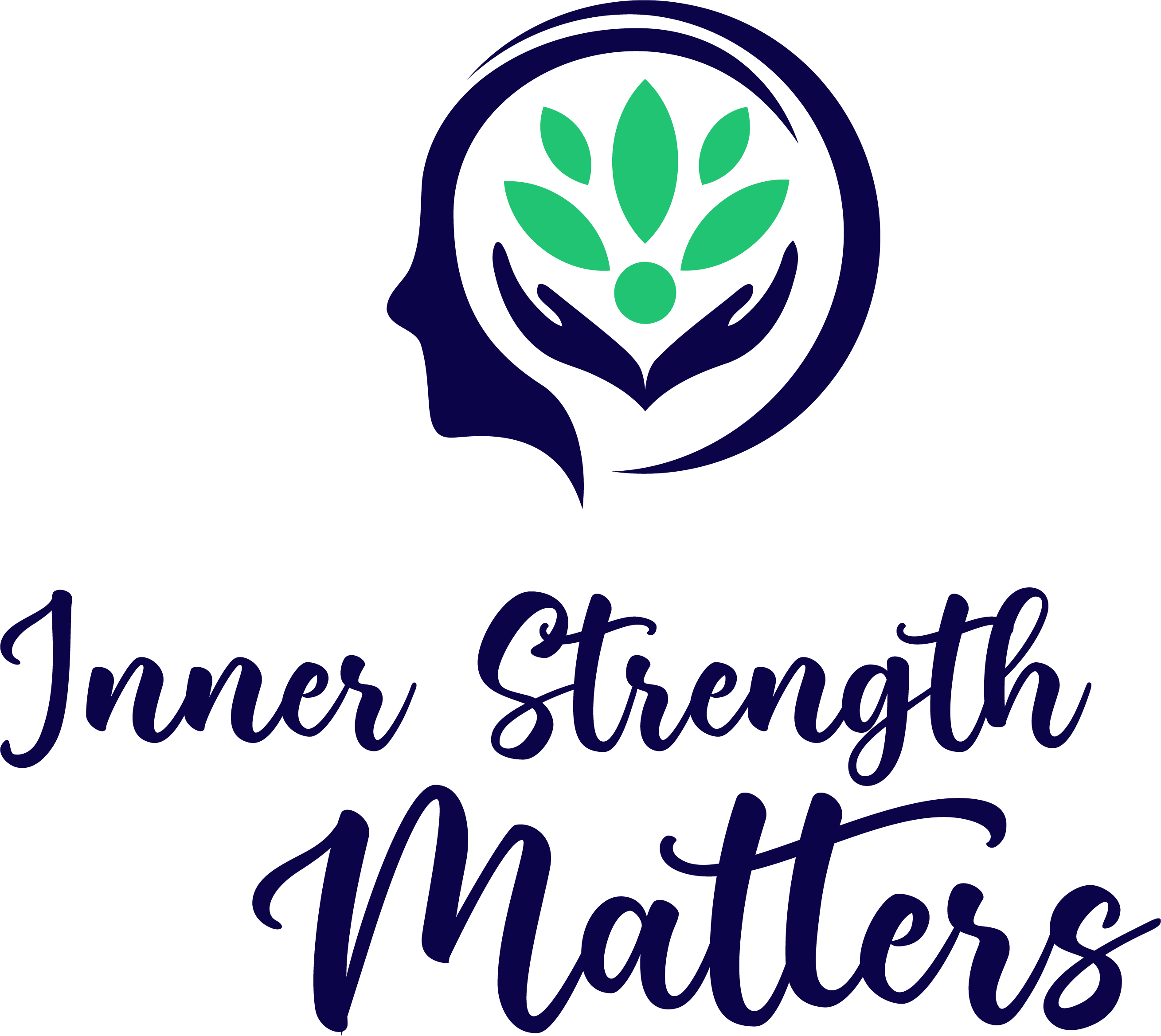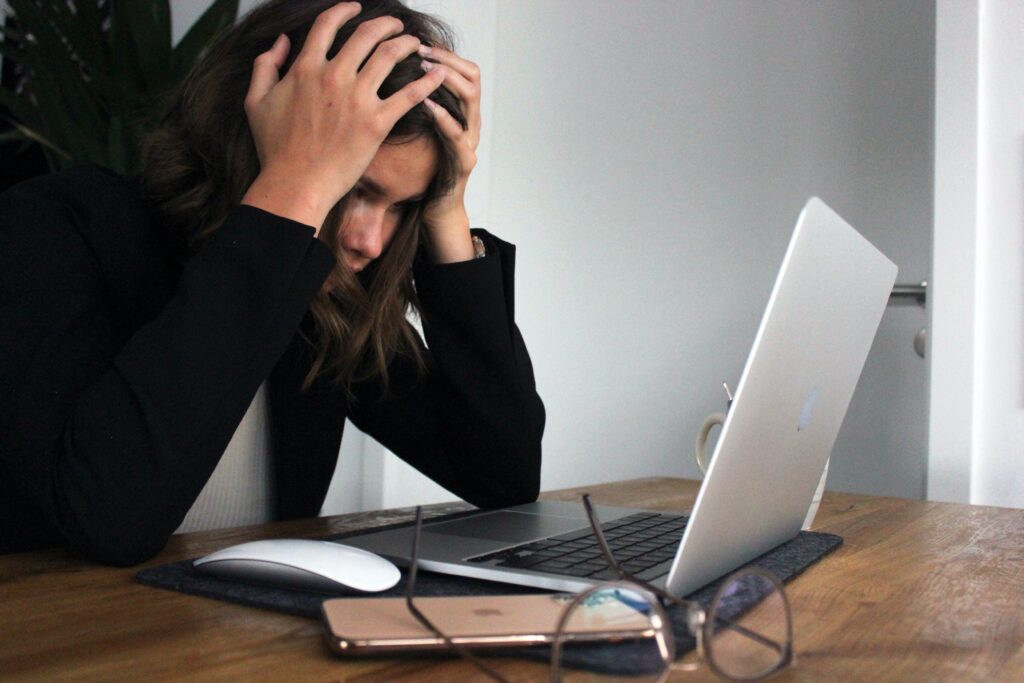Depression is a serious mental health condition that affects millions of people worldwide. It goes beyond occasional sadness and can interfere with daily life, relationships, and overall well-being. While depression can feel overwhelming, it is treatable with the right approach. Understanding its symptoms, causes, and treatment options is essential in managing this condition effectively. This article explores depression in detail, offering comprehensive guide to depression treatment.

What Is Depression?
Depression, also known as major depressive disorder (MDD), is a mood disorder that causes persistent feelings of sadness, hopelessness, and a loss of interest in daily activities. It can affect a person’s thoughts, emotions, and physical health. Unlike temporary sadness, lasts for weeks, months, or even years if left untreated.
Types of Depression:
Depression is not a one-size-fits-all condition. There are various types, each with unique symptoms and triggers. Understanding the differences can help in seeking the right treatment.
Major Depressive Disorder (MDD):
Characterized by intense and prolonged sadness, loss of interest, and physical symptoms like fatigue and changes in appetite.
Persistent Depressive Disorder (PDD):
Also known as dysthymia, it involves chronic but less severe depression lasting for at least two years.
Bipolar Disorder:
A condition that involves extreme mood swings, including episodes of depression and mania.
Seasonal Affective Disorder (SAD):
It happens seasonally, typically in winter months due to lack of sunlight.
Postpartum Depression:
It happens in women after childbirth, often linked to hormonal changes.
Psychotic Depression:
Severe depression accompanied by hallucinations or delusions.
Causes of Depression:
Depression does not have a single cause but is influenced by a combination of biological, psychological, and environmental factors.
Biological Factors
- Brain Chemistry: Imbalances in neurotransmitters like serotonin, dopamine, and norepinephrine can contribute to depression.
- Genetics: A family history of depression increases the risk of developing the condition.
- Hormonal Changes: Changes in hormones, such as those during pregnancy, menopause, or thyroid disorders, can trigger depression.
Psychological Factors
- Negative Thinking Patterns: People with depression often have persistent negative thoughts about themselves, the world, and the future.
- Low Self-Esteem: A history of self-doubt and low confidence can increase vulnerability to depression.
- Past Trauma: Experiences like abuse, neglect, or the loss of a loved one can lead to depression later in life.
Environmental and Social Factors
- Chronic Stress: Long-term stress from work, relationships, or financial struggles can contribute to depression.
- Isolation and Loneliness: Lack of social support or meaningful connections can increase depressive symptoms.
- Substance Abuse: Alcohol and drug abuse can both trigger and worsen depression.
- Social Media: Individuals often get depressed when get too much involvemnet in social media.
Symptoms of Depression:
Depression manifests in various ways, affecting emotions, thoughts, and physical health. Recognizing these symptoms is the first step toward seeking help and effective treatment.
Emotional Symptoms
- Persistent sadness or emptiness
- Feelings of hopelessness or worthlessness
- Loss of interest in activities once enjoyed
- Irritability or mood swings
Cognitive Symptoms
- Difficulty concentrating or making decisions
- Persistent negative thoughts
- Suicidal thoughts or self-harm tendencies
Physical Symptoms
- Fatigue and low energy levels
- Changes in appetite and weight
- Sleep disturbances (insomnia or excessive sleeping)
- Unexplained body aches and pains
Diagnosing Depression:
It requires a thorough assessment by a healthcare professional. The process usually involves:
Clinical Interviews: A doctor or therapist will ask about symptoms, medical history, and lifestyle factors.
Questionnaires and Screening Tools: Tests like the Beck Depression Inventory (BDI) or the Patient Health Questionnaire (PHQ-9) help assess the severity of depression.
Physical Examination: A doctor may conduct tests to rule out medical conditions like thyroid disorders that can mimic depressive symptoms.
Treatment Options:
Psychotherapy
- Cognitive Behavioral Therapy (CBT): Helps individuals identify and change negative thought patterns.
- Interpersonal Therapy (IPT): Focuses on improving relationships and social support.
- Psychodynamic Therapy: Explores past experiences and unconscious influences on current emotions.
Medication
- Selective Serotonin Reuptake Inhibitors (SSRIs): Such as fluoxetine (Prozac) and sertraline (Zoloft).
- Serotonin-Norepinephrine Reuptake Inhibitors (SNRIs): Like venlafaxine (Effexor) and duloxetine (Cymbalta).
- Tricyclic Antidepressants (TCAs): Older medications used when SSRIs and SNRIs are ineffective.
- Monoamine Oxidase Inhibitors (MAOIs): Used for severe depression but require dietary restrictions.
Lifestyle Changes
- Regular Exercise: Physical activity boosts endorphins and improves mood.
- Healthy Diet: A balanced diet rich in omega-3 fatty acids, vitamins, and antioxidants supports brain health.
- Adequate Sleep: Proper rest helps regulate mood and energy levels.
- Social Support: Connecting with friends, family, or support groups can reduce feelings of isolation.
Alternative and Complementary Therapies
- Meditation and Mindfulness: Reduces stress and promotes emotional balance.
- Acupuncture: May help regulate mood and energy flow.
- Herbal Supplements: St. John’s Wort and omega-3 supplements may help mild depression, but they should be used with caution.
When To Seek Help?
If this condition interferes with daily life or leads to suicidal thoughts, seeking professional help is crucial. Warning signs that require immediate attention include:
- Suicidal thoughts or self-harm
- Inability to perform daily tasks
- Severe mood swings or aggression
- Hallucinations or delusions
Conclusion:
It is a challenging but manageable condition. By understanding its causes, symptoms, and treatment options, individuals can take proactive steps toward recovery. Seeking professional help, adopting healthy lifestyle changes, and building strong social support systems can make a significant difference. If you or someone you know is struggling with depression, remember that help is available, and recovery is possible.

